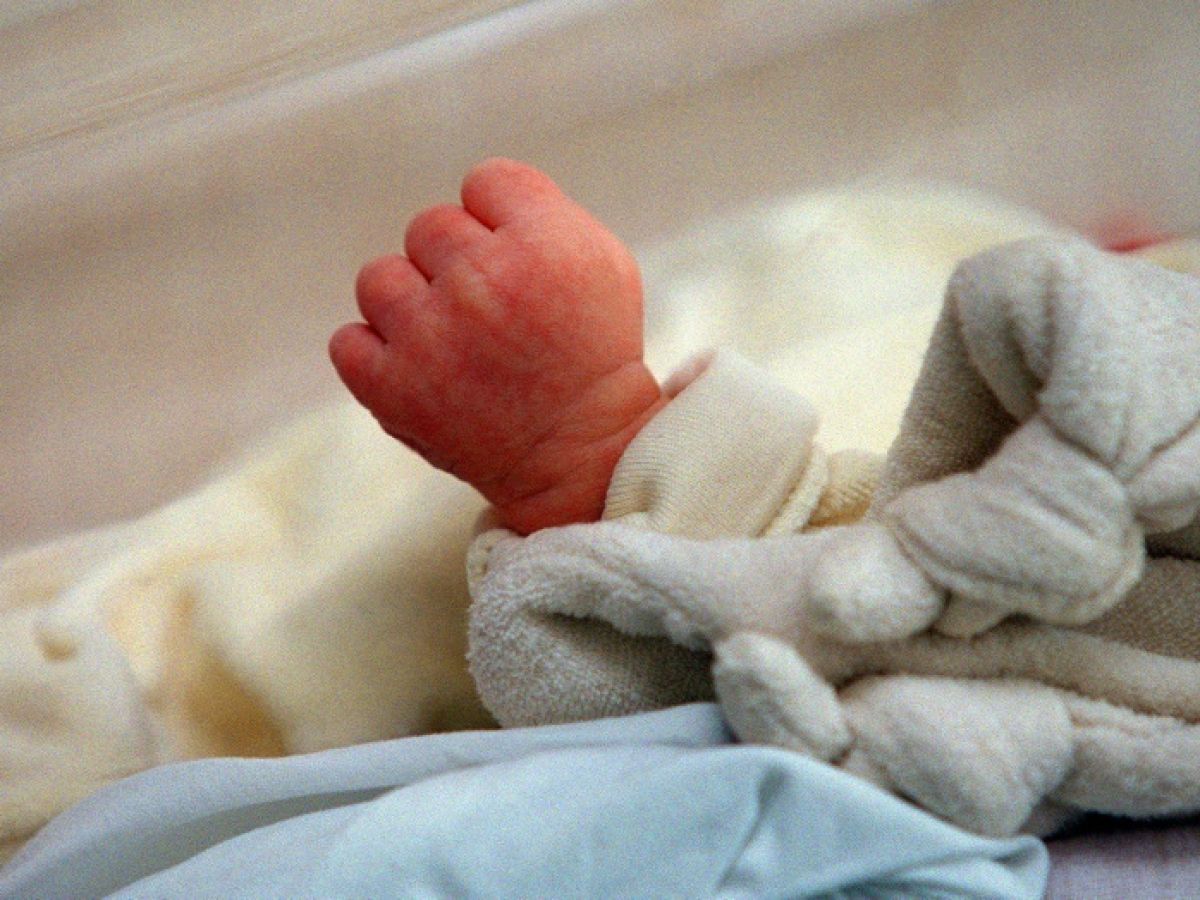The British government announced Monday the launch of a national inquiry into English maternity wards, where numerous scandals have revealed "systemic problems" over at least fifteen years that have led to the deaths of several hundred babies.
Several investigations and reports have revealed serious failings in English maternity units in recent years, and these failings are regularly highlighted by families.
The aim of the investigation announced Monday by the Ministry of Health is "to establish the truth and accountability for the affected families and to bring about urgent improvements in care and safety."
The ministry cites "systemic problems dating back more than 15 years."
"I meet bereaved families from across the country who have lost a baby or suffered serious harm during what should have been the happiest time of their lives. What they have experienced is devastating (...), caused by failures in NHS maternity care that should never have happened," said Health Secretary Wes Streeting, quoted in a statement.
He promised immediate measures in some particularly failing maternity units.
This announcement comes just days after the Care Quality Commission (CQC) warned of the situation in the maternity wards of two hospitals in Leeds (north of England).
A BBC investigation into the two facilities published in January found that the deaths of at least 56 babies could have been avoided between January 2019 and July 2024.

The investigation will first urgently examine the country's worst-performing services, and then examine the entire maternity system, the ministry said.
Conducted in collaboration with doctors, experts and parents, it will begin this summer and will result in a report in December.
Speaking to the Royal College of Obstetricians and Gynaecologists on Monday, the minister listed some of the towns and regions rocked by scandals, including Shrewsbury and Telford (west), East Kent (southeast), Sussex (south), Gloucester (southwest) and Nottingham (central).
A major investigation is currently underway into the maternity wards of two Nottingham hospitals, following complaints from several families.
"Everyone who works in maternity wards (...) knows that they have reached, or even passed, their breaking point," reacted the chief executive of the RCM midwives' union, Gill Walton.
Beyond maternity services, the public health system, the NHS, has been in crisis for many years, a consequence of chronic underinvestment and more recently the Covid-19 pandemic.
– Inequalities –
In 2022, a CQC report concluded that more than half of England's 139 maternity units had inadequate or improving safety levels.

A recently published investigation showed that 45 baby deaths could have been avoided over ten years in two maternity units in the south-east of England.
A few months earlier, malfunctions in several maternity units in the west of England were blamed for the deaths of more than 200 babies in 20 years.
One report found cases of newborns with skull fractures, broken bones and brain problems after being deprived of oxygen at birth.
The doctors' stubborn refusal to perform caesareans, inadequate care, and the lack of an internal investigation were criticized. In the face of an outcry, the Conservative government of the time apologized.
Several of these reports have also highlighted inequalities to the detriment of women from ethnic minorities.
According to the CQC's 2022 report, Black women are four times more likely to die during pregnancy or childbirth than white women. For Asian women, this risk is twice as high as for white women.
In early 2024, a national epidemiological survey showed that the number of women dying during pregnancy or shortly after giving birth had climbed to its highest level in nearly 20 years.


